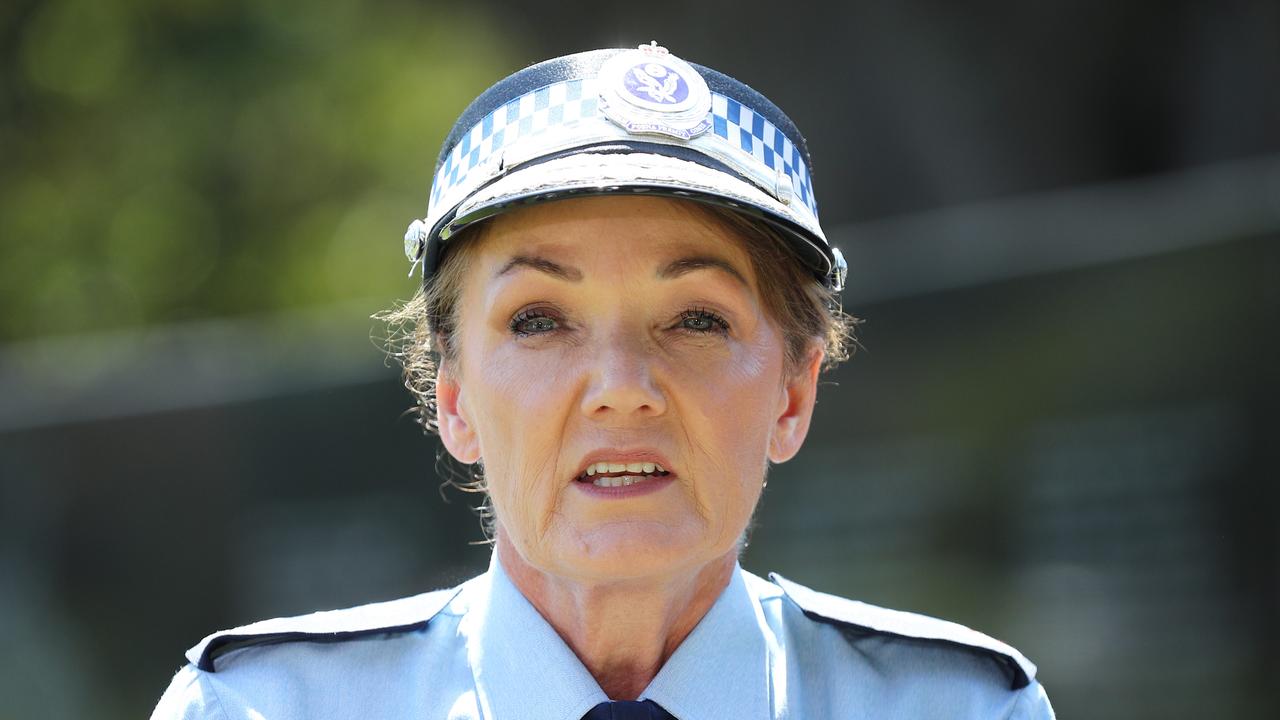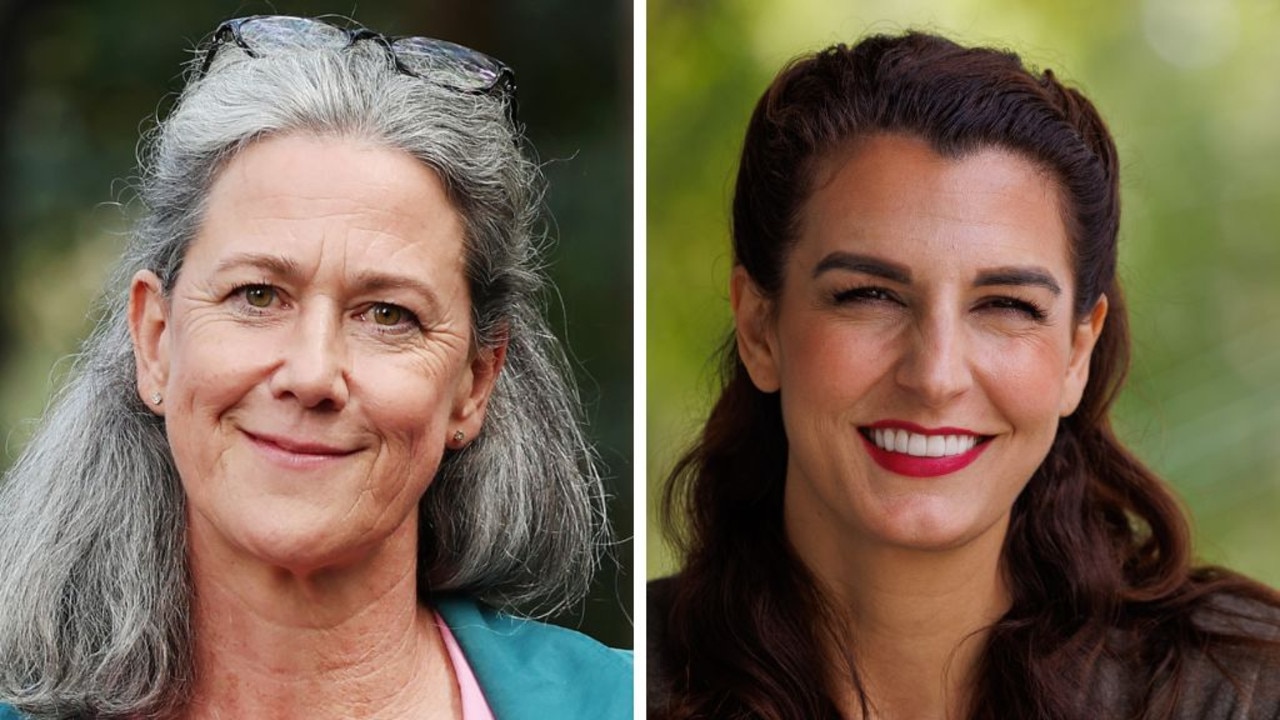Experts say PTSD influenced Kathleen Folbigg’s diary entries as inquiry into her conviction resumes
Kathleen Folbigg’s horrific childhood will be examined and her state of mind front and centre at the inquiry into her conviction for killing her four children. Listen to the latest episode of Mother’s Guilt.
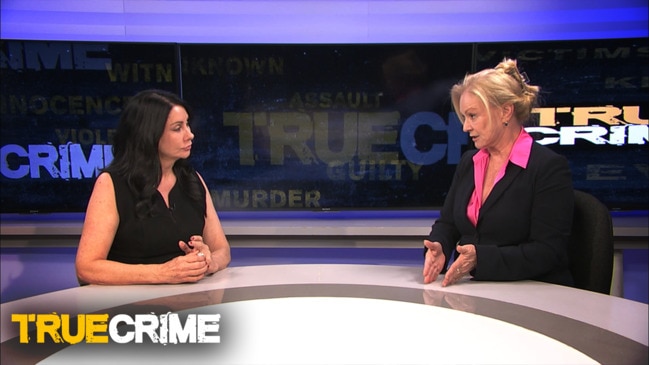
NSW
Don't miss out on the headlines from NSW. Followed categories will be added to My News.
Kathleen Folbigg’s horrific childhood will be examined and her state of mind front and centre at the inquiry into her conviction for killing her four children.
The inquiry resumes on Monday and with no direct evidence of her smothering her kids, the highly circumstantial case which resulted in her conviction in 2003 and 25 year sentence
Attorney-General Mark Speakman called the inquiry after a petition signed by 155 prominent scientists called for her pardon off the back of scientific evidence suggested two of the four Folbigg children likely died of natural causes.
From Monday, scientists from Denmark will resume giving evidence about the genetic mutation found on the CALM 2 gene inherited by Sarah and Laura Folbigg as well as hearing from geneticists and cardiac experts, including critics of the genetic link who have previously stated the mutation “is hard to reconcile” with the children’s mother who “is alive and well in their 50s”.
LISTEN TO EPISODE 7 OF MOTHER’S GUILT IN THE PLAYER BELOW
World expert on CALM gene mutations Professor Peter Schwartz, who is one of the 155 signatories to the petition, has concluded on the basis of the science “is that the accusation of infanticide might have been premature and not correct.” Prof Schwartz, who has compared the genetic mutation to ‘a smoking gun’ with regards to the sudden death in the two girls, is also expected to give evidence on Wednesday.
Danish genetics experts Michael Toft Overgaard and Mette Nyegaard will give further evidence that the mutation interferes with ion channels that regulate heart rhythm and the scientists who first identified the mutation, Carola Vinuesa and Todor Arsov, will also give evidence.
With no direct evidence of smothering, the highly circumstantial case relied heavily on the diary entries of Ms Folbigg. After hearing the science, the inquiry is expected to hear from psychiatric experts in the weeks set down to investigate the diaries.
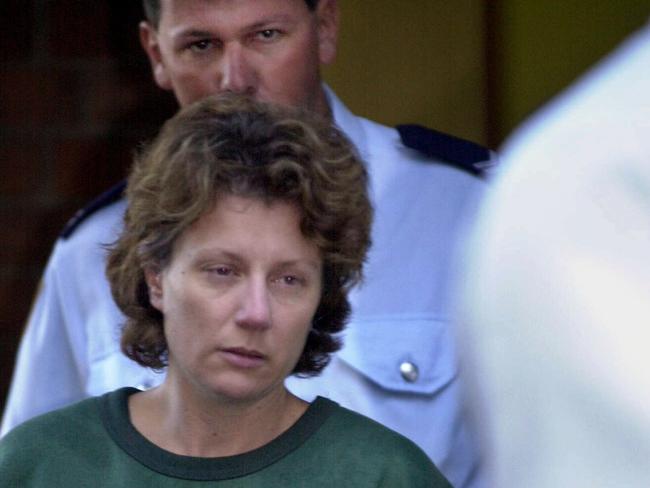
Episode seven of the Mother’s Guilt podcast looks at the psychology aspect with experts saying Ms Folbigg was likely suffering from complex Post Traumatic Stress Disorder as a result of the severe abuse she suffered as a toddler.
Specialist psychiatrist Dr Michael Diamond assessed Ms Folbigg over two days in March 2019 at the Silverwater Women's Correctional Centre.
Folbigg’s father murdered her mother when she was just 18 months old and children’s services documents suggest the high probability she was also sexually assaulted by her father Jack Britton while in his care before becoming a ward of the state.
Earlier psychological reports focused on the idea she was guilty and looked for motives as to why she would kill her children. They also relied on the now debunked Meadow’s Law theory that one infant death was tragic, two suspicious and three murder.
Dr Diamond found Ms Folbigg had “a clear diagnosis of Complex Posttraumatic Stress Disorder” which needed to be factored in when analysing her diary entries.
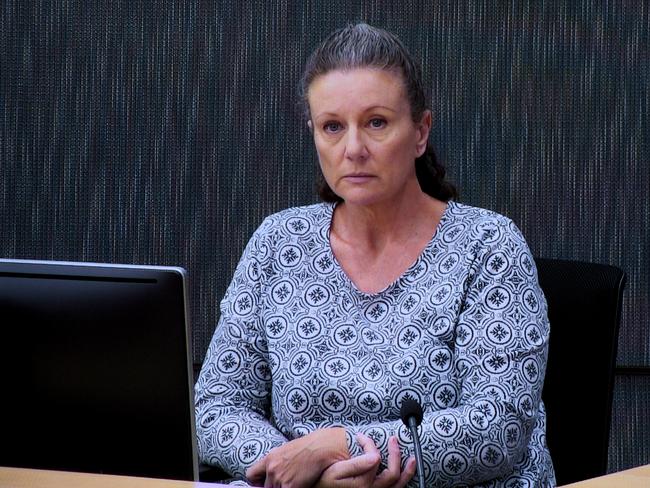
“The clinical features exhibited by Ms Folbigg when I saw her, observed by every other psychiatrist who has examined her and confirmed in the history she gave at assessment, are all consistent. Ms Folbigg has lifelong symptoms of emotional detachment, emotional numbing, difficulty trusting, engaging with others and experiencing periods of severe detachment to the point of dissociation.”
Dr Diamond also assessed the diary entries. The 2003 case relied on approximately 40 words from the more than 50,000 words contained in Ms Folbigg diaries that expressed her deep feelings failure and guilt.
“In my opinion, one can understand that the meaning of the diary entries is more likely than not to have been impacted by the psychological illness from which Ms Folbigg was suffering at the time of creating these entries.
“My assessment of Ms Folbigg is that she has features that are consistent with those seen in abused children and are described diagnostically as features consistent with a diagnosis of Complex Posttraumatic Stress Disorder,” he wrote in his report.
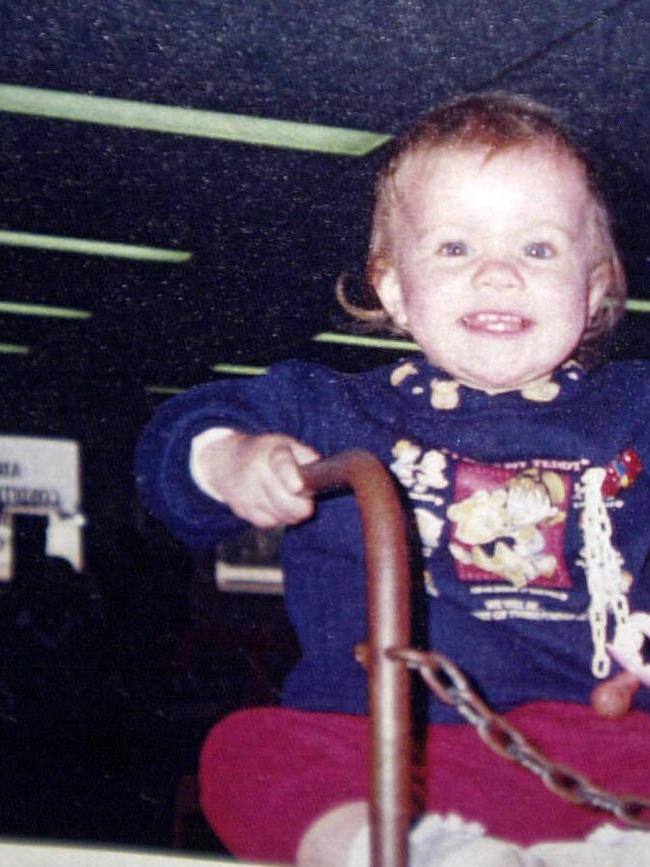
Psychotherapist Dr Kamal Touma, who met with Kathleen Folbigg six times after assessing her diaries, said in his report her early childhood trauma and loss of her mother at 18 months led her to disassociate in the face of trauma and her “presentation was readily misinterpreted by mental health professionals and according to her was too during police interviews and court proceedings as one of callousness and insensitivity but that he found her to be “a very good mother” who had an extremely negative view of herself.
“I am comfortable in describing Ms Folbigg as having been a very loving and attentive mother,” and that “I cannot see anything in the diaries or from my sessions with Ms Folbigg to indicate that she harmed her children.”

